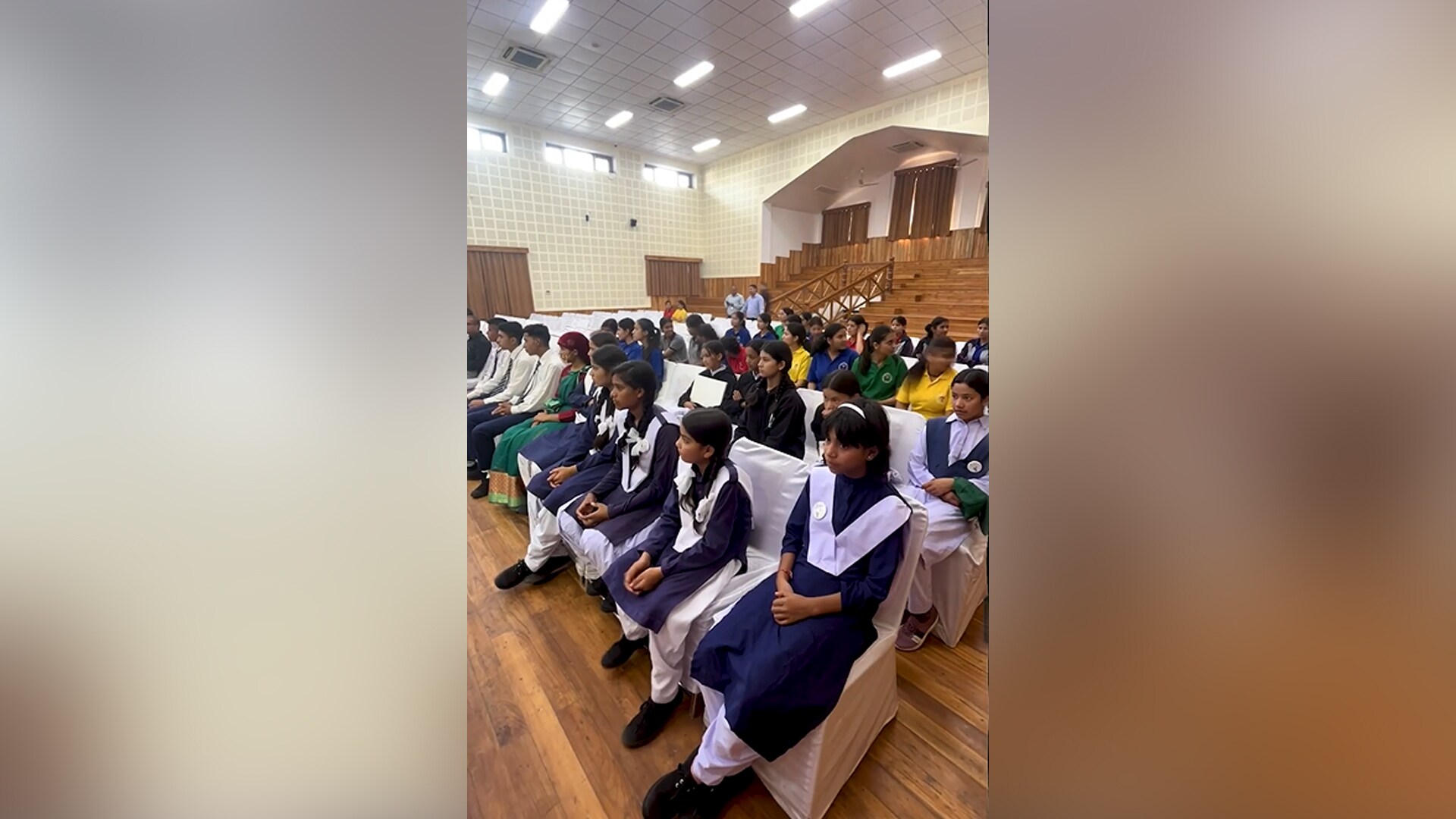

- Home/
- Top Stories/
- At Davos, bankers close in on Africa
At Davos, bankers close in on Africa

Move over, China. The market that has got bankers attending the World Economic Forum at Davos this year excited is Africa.
"One market where we see plenty of opportunity is Africa," Peter Sands, Standard Chartered's chief executive, said during an interview. "It's a part of the world that doesn't get so much focus because everyone, quite rightly, is all excited about India and China and the whole ASEAN region."
Chinese banks were among the first to make their way into the continent, with ICBC, the world's biggest bank by market value, having bought a 20 percent stake in South Africa's Standard Bank in 2007.
Since then, other banks have started making their way into the region, mostly to facilitate trade between Africa and resource-hungry China. HSBC's chief executive for the Middle East and North Africa Simon Cooper called this "south-south trade."
"There's a lot of work facilitating companies from China that want to go to Africa and we expect such trade to continue to grow," Cooper said in an interview.
Asian companies such as Chinese telecoms equipment maker Huawei have been in Africa for years, building infrastructure such as telecoms towers in countries from Libya to Kenya.
"We've invested in companies that are doing a lot of work in Africa," said John Zhao, chief executive of Hony Capital, a private equity firm with some $7 billion in assets under management.
"We see the weak infrastructure in some African countries as an opportunity. If everything was already perfect, they wouldn't need us any more, would they?"
Acquisitions and other such attempts to grow in Africa have often proved difficult to pull off successfully. In 2011, HSBC walked away from a bid for South Africa's Nedbank, saying it failed to meet its acquisition requirements.
The revenue pie for banks in Africa is also far smaller than in other regions, with total investment banking fees in Africa and the Middle East about $1 billion last year compared with Asian fees which clocked in at almost 10 times that.
"There are always risks, but if we go in only when it's big and everything is grown up, that makes things a lot more difficult," said Zhao at Hony Capital.
Copyright: Thomson Reuters 2013












